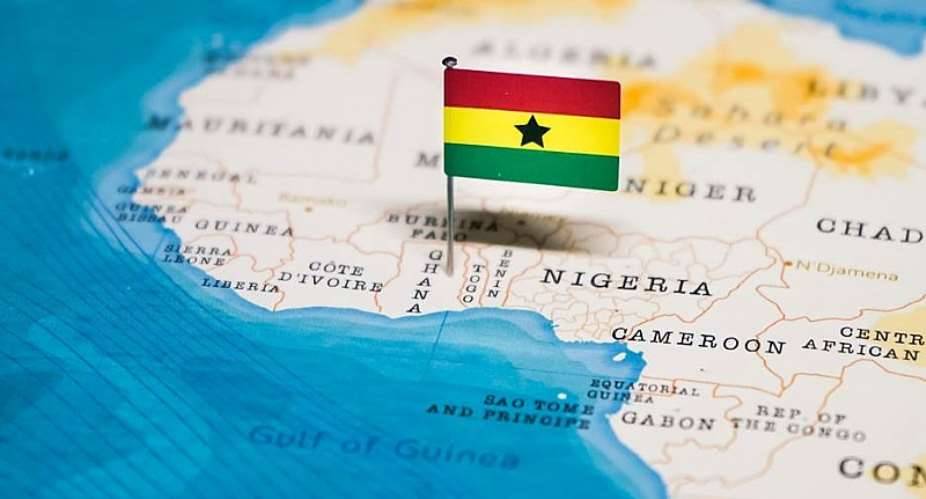Ghana’s Hidden Bet: The Rise of Underage Gambling
Last Saturday, I was walking through my neighborhood in Accra, past the usual bustle of market stalls and kids playing football in the street, when I overheard a group of teenagers huddled around a phone, arguing over a betting slip. They couldn’t have been older than 15, yet there they were, tossing around names of Premier League teams like seasoned punters. It hit me like a stray ball—when did kids start gambling like this? Ever catch a glimpse of something that makes you wonder what’s slipping through the cracks?
There’s this quiet unease that creeps in when you think about it. A recent study flagged underage gambling as a growing issue in Ghana, with kids as young as 13 getting hooked on sports betting, lured by flashy ads and easy access to betting shops. I feel a pang of worry, you know? These are kids who should be dreaming about goals on the pitch, not odds on a screen. The Gaming Commission’s sounding alarms, saying lax enforcement and a boom in betting outlets—over 50,000 nationwide—are pulling young people into a world they’re not ready for.
I think about my cousin Kofi, 16, who confessed last year he’d snuck into a betting kiosk with his friends. “It’s just fun,” he said, shrugging, but his eyes told a different story—excitement mixed with something heavier, like he knew he was in over his head. He’d won 50 cedis once, lost twice that the next week. It’s not just him. My friend Ama, a teacher, says she’s caught students skipping class to check betting apps, their pocket money vanishing on bets they barely understand. “It’s everywhere,” she told me, shaking her head. “Even the kids know the odds better than their math homework.”
But here’s the thing—it’s not hard to see why. Betting shops are on every corner, their neon signs brighter than the streetlights. I walked past one yesterday, music blaring, promising “instant cash” and “big wins.” And those ads? They’re relentless—on TV, radio, even popping up on your phone while you’re scrolling for news. I saw a billboard the other day with a grinning footballer, promising riches if you “bet smart.” Smart? For a kid with no income? It feels predatory, doesn’t it? Studies say over 60% of Ghanaian youth have tried gambling, and with mobile apps making it as easy as a tap, the numbers are climbing.
The government’s trying, I’ll give them that. The Gaming Act bans anyone under 18 from betting, and there’s talk of stricter ID checks and school campaigns to warn kids off. But enforcement’s spotty. My neighbor, who runs a small shop near a betting outlet, says he sees teens slip in all the time. “The owners look the other way,” he muttered. And there’s the bigger picture—poverty pushes kids to chase quick cash, hoping a bet will buy new shoes or pay school fees. It breaks my heart a little, thinking of the dreams they’re betting away.
So, I’m sitting here, wondering where this goes. Ghana’s got so much vibrancy, so much potential, but this gambling wave feels like a shadow creeping over our kids. The Gaming Commission’s pushing for action, but it’s on all of us—parents, schools, even the betting companies—to draw a line. I keep thinking about those boys by the street, their faces lit up by a phone screen, betting on a future they can’t control. What happens if we don’t step in? Are we okay letting our kids gamble their childhoods away, or is it time we change the game?



